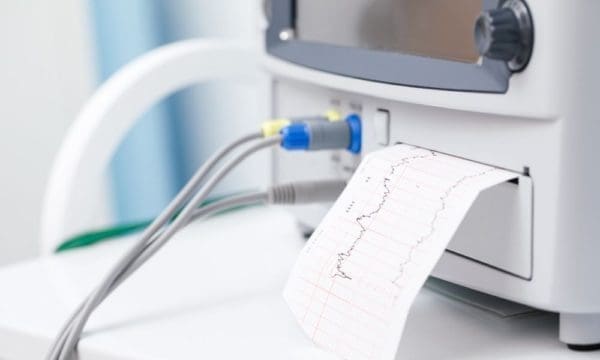The Nurse’s Role in High-Risk Pregnancy

Nurses strive to provide exceptional patient care. They don’t just help individuals through simple injuries—they help them through some of the toughest events in their lives. By practicing in high-risk obstetrics, they’re given the opportunity to support soon-to-be mothers through a stressful, vulnerable process. For mothers with high-risk pregnancies, nurses make for reliable, comforting individuals. Y’all can go to them for advice, comfort, and encouragement. They’ll address any questions you might have, provide you with great care, and give you a shoulder to cry on when you’re feeling down. If you’re interested in learning what the nurse’s role in high-risk pregnancy consists of, keep on reading.
Provide Exceptional Care
A high-risk pregnancy entails frequent prenatal office visits with an obstetrician.
Mothers are provided with screening exams, counseling and supplements, and medications. They should be particularly attentive to their health. This includes eating a good, nutritious diet, gaining or losing the recommended amount of weight, avoiding dangerous substances like tobacco or alcohol, and more. Vitamins, iron supplements, or medicines might also be prescribed.
It’s the nurse’s job to track the patient’s diet, weight, cigarette and alcohol usage, prescribed medications, and symptoms.
During late pregnancy and delivery, a physician might recommend the use of a Doppler ultrasound or Doppler fetal heart rate monitor, which alerts caretakers to any startling changes in an unborn infant’s heart rate. If something goes wrong, the labor and delivery process might need to be rushed. In the event this happens, standby nurses will aid mothers through the process.
A nurse is unlikely to personally administer these exams, but plays a crucial supporting role—monitoring the exams, reassuring the patients, and potentially, jotting down and storing any critical patient information.
Be a Source of Information
For high-risk obstetrics nurses, having previous experience as an L&D nurse is invaluable. They’ll learn to monitor tracings and detect patterns that can lead to labor and birth complications. Having specialty certification and high-level, ongoing education is likewise beneficial—not just for them, but for the mothers and babies they’re treating.
Having this knowledge helps them give women experiencing high-risk pregnancies advice and provide them with safe, high-quality prenatal care. It’ll also help nurses connect their patients with postpartum subspecialists, who help care for mother and child following the labor and delivery process.
Nurses should be prepared for situations like postpartum hemorrhage, preeclampsia, gestational diabetes, premature labor, and other complications that can arise during pregnancy, labor, and delivery. If complications arise, nurses will provide the mother with the appropriate levels of care and support.
Act Compassionately
The most important one of the nurse’s roles in high-risk pregnancy is to provide reassurance and support.
High-risk pregnancies are ripe with difficulties and the daunting, looming risk of potential complications, including fetal and maternal loss. A key role of nurses during this stressful and shocking time is to provide unconditional support.
When necessary, they should offer comfort, understanding, and encouragement. Strong, well-developed coping skills are a necessity for high-risk obstetrics nurses, as is the ability to provide sensitive, individualized care.
Nurses are a mother’s best friend, especially when it comes to high-risk pregnancies. Over the course of many, many prenatal visits, it isn’t uncommon for a strong bond to form.
If you’re going through a high-risk pregnancy, the support you’ll get from your nurses isn’t just surface level. A good, reliable nurse should be someone that can share in your laughter, tears, and more.
Similar Posts:
- None Found









